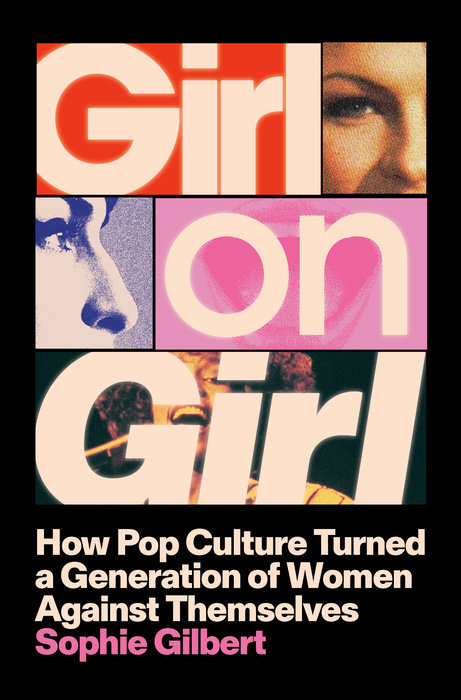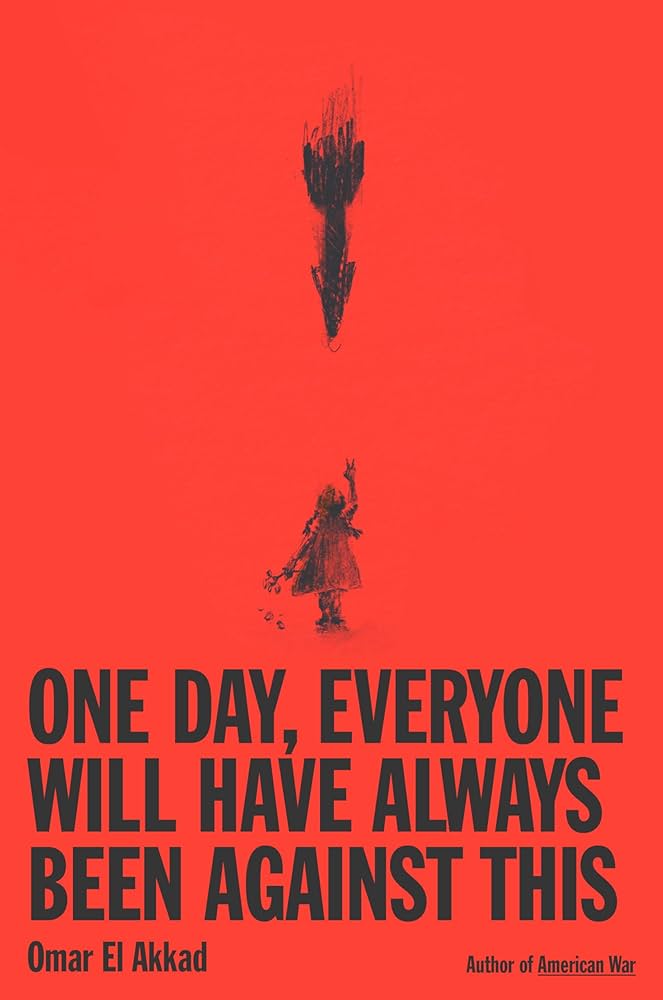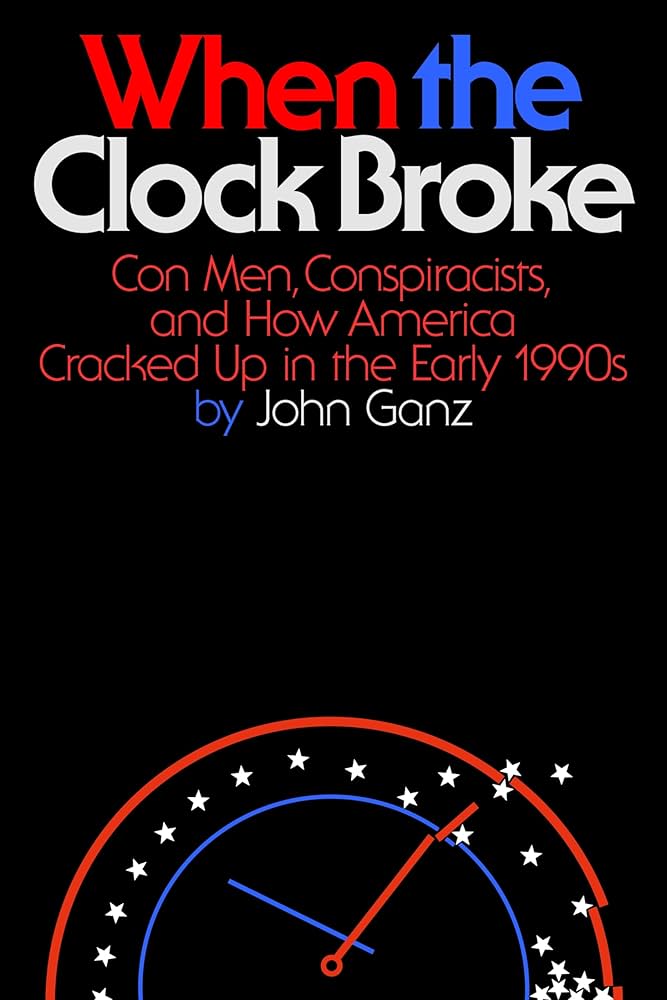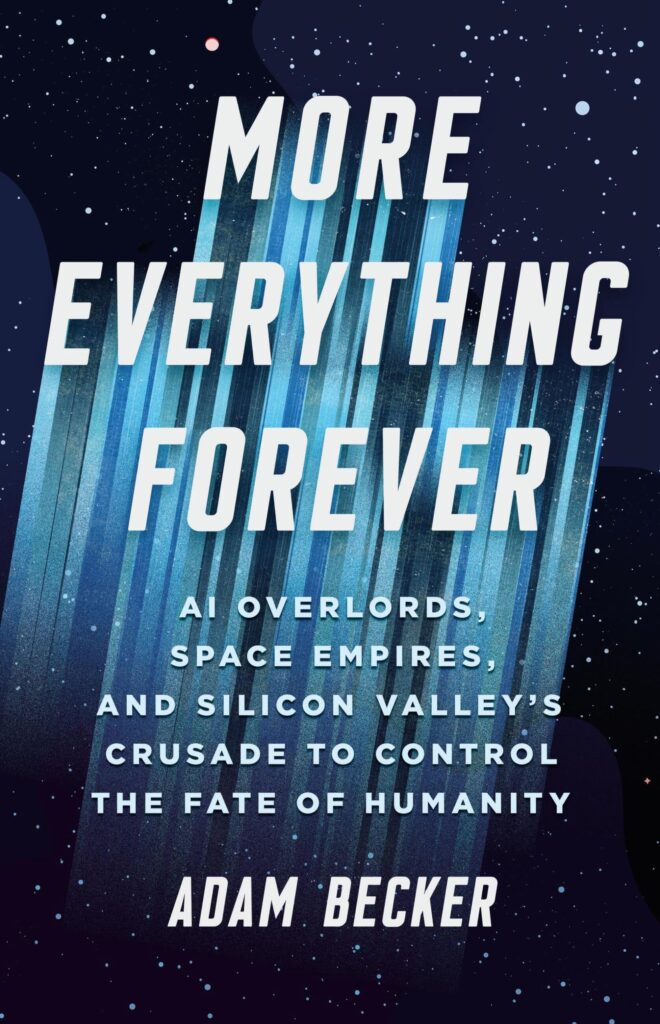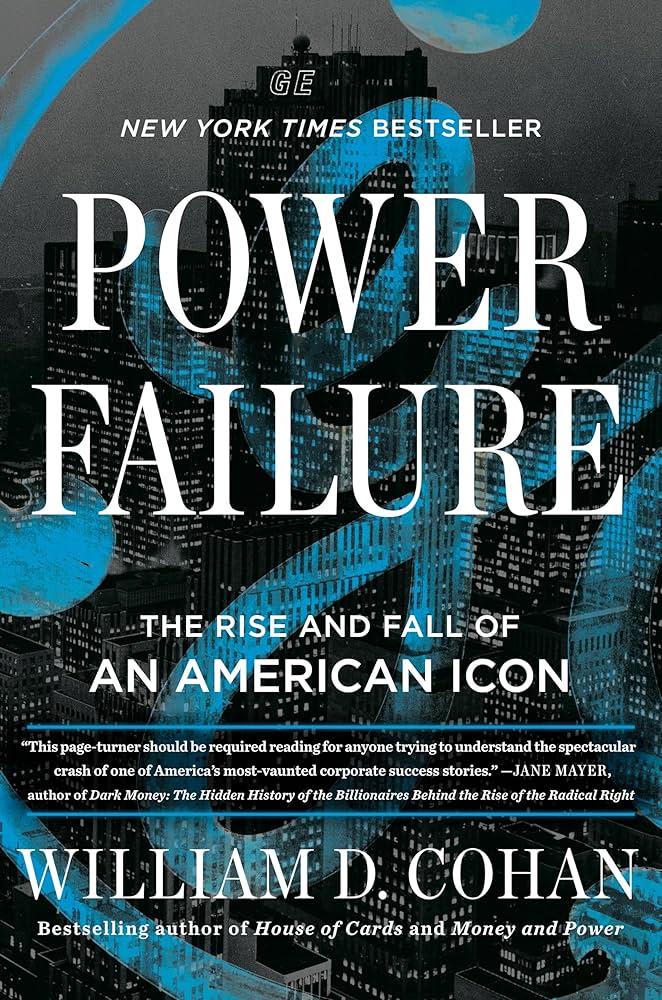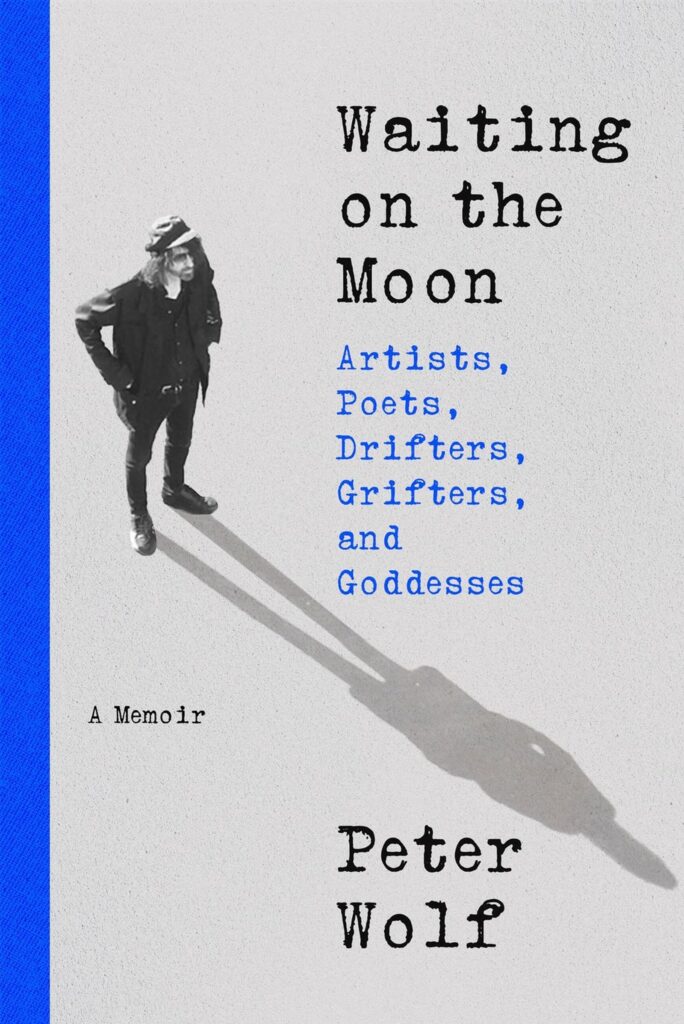Sophie Gilbert’s Girl on Girl: How Pop Culture Turned a Generation of Women Against Themselves shifted how I think of an entire era. It’s sharp and direct, linking the mainstream pop culture of the late 1990s and 2000s to the ways millennial women were taught to see themselves—and each other. Gilbert doesn’t write like an academic, more like someone who’s been immersed in pop culture for decades, picking up the patterns that shape who we are, even when we’re not paying attention.
She’s about my age, and one of the things that struck me most is how different our experiences of those years were. Gilbert begins with the shift from the DIY feminism of early 90s figures like Madonna, Janet Jackson, Kathleen Hanna and the riot grrrl movement to a version of “girl power” that was built in a boardroom, by men. The Spice Girls, Britney Spears, and so many others became stand-ins for empowerment, but Gilbert argues it was a bait-and-switch: these images were all about catering to the male gaze, turning sexual empowerment into another way to sell submission and self-objectification.
“The recent history of technology is
written on women’s bodies.“
-Sophie Gilbert
One of the strongest threads in the book is how porn’s aesthetic seeped into everything: advertising, fashion, television and music videos. Gilbert points to photographers like scumbag Terry Richardson as proof that the culture wasn’t just complicit—it was actively creating a world where objectification was the norm. That normalization of explicit, violent imagery didn’t just stay in the margins; as pornography became more available, then ubiquitous, it shaped what we saw in magazines, on stage, and in the ways women were expected to perform for an audience.
Gilbert doesn’t just stop with the pop stars and their handlers. She digs into how reality TV and social media took those same dynamics and spread them even further. The double-edged sword of visibility: women could be everywhere, but they were always open to judgment, always one step away from public humiliation. Anyone who was around for the tabloid pile-ons in the 2000s knows exactly what she’s talking about.
Gilbert doesn’t wag her finger at women for taking part in any of it. Instead, she writes with empathy, showing how capitalism and culture set up impossible choices and then punish the women who play along. She argues that pop culture isn’t trivial—it’s part of the backlash that chipped away at real progress and turned even personal choices into a spectacle for everyone else to weigh in on.
The book’s style is clean and immediate. Gilbert uses quotes from feminist theorists to back her arguments, but the writing is always in her own voice: clear, sharp, and willing to connect the dots without ever letting them get too abstract. There’s no sense that she’s trying to talk down to the reader—she’s writing to the people who were there, who know these images and songs in their bones.
Girl on Girl is a thorough, deeply felt argument for taking pop culture seriously, because the stories it tells us still shape how women see themselves—and how the world sees them.
Further Reading
Reddit AMA with Sophie Gilbert

